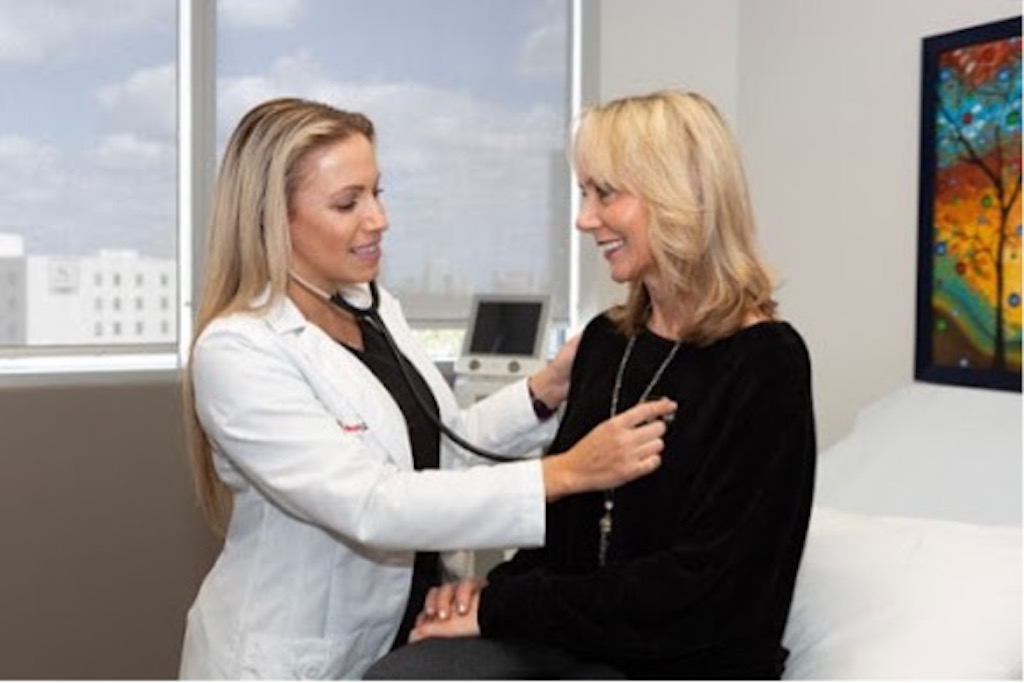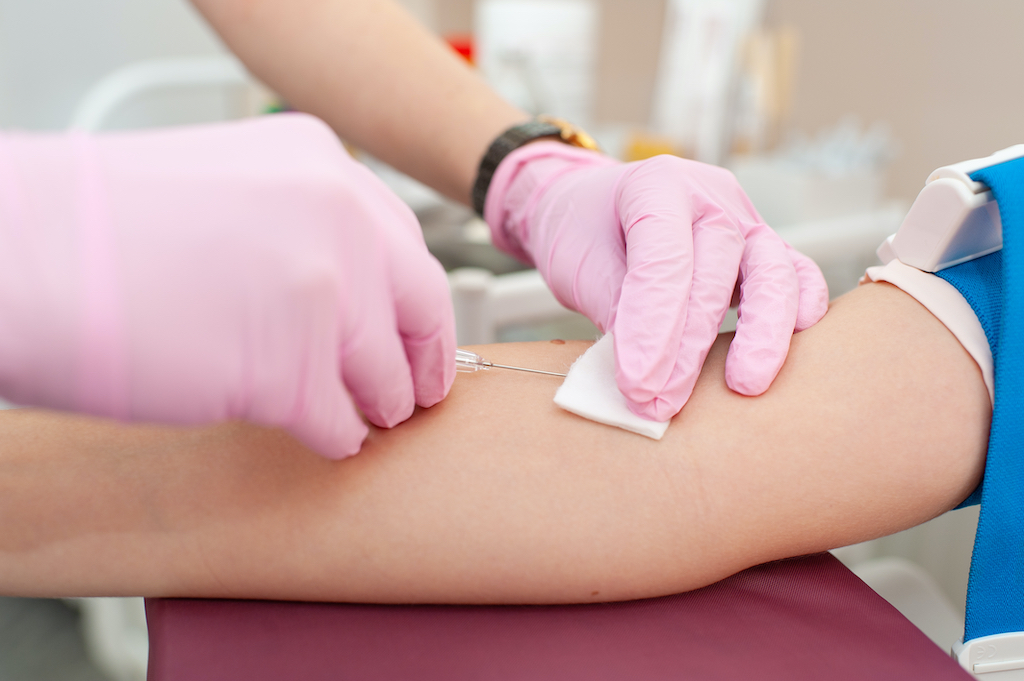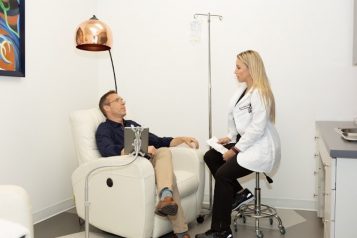
In the U.S., Human Growth Hormone, or HGH, came to the forefront in the ’50s where it was used to help children with natural deficiencies capping their growth. More contemporarily, starting in the mid-1980s, the prevalence and access to synthetic HGH made its use more widespread, offering teens and adults many of the same benefits children had experienced while on therapy. Under medical supervision, HGH has exploded in use to treat a wide variety of diseases and age-related symptoms related to dysfunction.
Often prescribed by doctors hoping to offer relief to their patients, HGH has become a boon for many suffering the effects of aging. Beginning with its regenerative properties, HGH has been able to help build and repair tissue within the organs of the body, including the brain. It has also become widely used to help those in pain to heal and recover faster.
In otherwise healthy adults, the use of HGH can be instrumental in reshaping the body, helping to melt away stubborn fat, and improving the body’s metabolism. Because HGH therapy also boosts the production of collagen throughout the body, one of the most noticeable benefits of this therapy is the improvement in hair and skin quality that often accompanies the precise regulation of hormones.
The Benefits of HGH
One of the most impressive benefits associated with therapy is the greater availability and higher levels of HGH throughout the body, often making it easier to burn fat and grow muscles. That’s because HGH is often responsible for the burning of fatty acids called lipids, and it induces the release of insulin-like growth factor (IGF-1). IGF-1 is a hormone that helps the body get rid of glucose rather than store it as fat.
In addition, HGH prompts collagen production, which tends to wane as a person ages, which can help the body to build muscle. Moreover, it can make the skin suppler in feeling and appearance as well as make it more flexible and youthful. The body also uses collagen to strengthen hair follicles which then leads to a fuller head of hair and reduces graying.
After the body becomes more accustomed to the higher levels of HGH in the body, the increased presence allows the improvement of metabolism within the cells, which in turn allows people to exercise for longer periods of time. In addition to the boons granted from this organic process, the work itself also rewards the body as they increase in exercise typically means a decrease in fat. HGH makes it easier for the body to repair itself, faster which can lead to better recovery and performance.
Within the cardiovascular system, HGH can help you avoid complications that can lead to organ failure and other such complications. Specifically, HGH works by helping the body burn lipids at a faster rate, causing less buildup of arterial plaque, and can reduce your risk of heart disease over time.
Over time, the use of HGH can have other important benefits for aging. One of the more important of which is the improvement in bone density and mineral content. Osteoporosis and other bone-related disorders can all benefit from the regular use of HGH. For those suffering from breaks or brittle bones, this can be an important part of maintaining their quality of life.
Other long-term benefits of growth hormone use include improvements to mood and anxiety. Improved concentration and memory also frequently accompany HGH use, which has been well documented in addition to its antidepressant and mood-boosting abilities. But their benefit can extend beyond the bones and the moods, it’s been a key factor for many others for their other long-term effects on the body.
When the body acclimates to the new levels of HGH within the body, it’s inevitable that they will also begin to notice the improvement in their day-to-day lives as well. HGH has long been known to improve sleep quality, and recent studies point to improved digestion and energy consumption, often helping patients feel like they’ve turned back the clock.
 Photo Credit: ShutterstockThe Importance of Personalized Care
Photo Credit: ShutterstockThe Importance of Personalized Care
No one likes feeling like just another number, especially not when it comes to their health. What’s going on in my body is likely very different in yours, and similar conditions can frequently have completely different symptoms from patient to patient. That’s why with personalized care, your doctor will consider all of the health concerns you have, allowing her to avoid therapies or treatments which may exacerbate or prolong your symptoms.
Your specific medical issues will affect how long and how often you’ll take HGH and what your dosages will be. Other concerns include family history, other health issues, and conflicting prescriptions which may cause complications. These are only some of the issues a person can avoid by undergoing care with a professional over examples found on the internet.
Because everyone’s body and personal chemistry are a little different, what may be beneficial for one person may have completely unintended consequences for another. Finding and working with a doctor and team you trust can help you to avoid these complications and guide you on a faster, more efficient path towards your goals.
Bloodwork and HGH
After your doctor suggests HGH therapy, you might find yourself preparing for a blood test. That’s because she or he needs to accurately calibrate your HGH treatment by matching your results with the correct therapy.
There are a variety of tests that are typically run with your blood. Among them include serum tests which check your current hormone levels as well as an IGF-1 test which more accurately pinpoints specific hormone levels. The results of these two tests taken together can lead to more accurate conclusions and better overall care.
Blood tests can also alert doctors to certain health problems before an HGH treatment begins. For instance, a basic cholesterol test will indicate how much plaque buildup is inside a person’s arteries. If someone is suffering from high cholesterol, it’s important to take care of that problem through diet and exercise, and HGH may alleviate the situation as well. Likewise, other blood tests can be used as diagnostic tools for various medical conditions, including inflammation, osteoporosis, calcium deficiency, and even tumors.
A Leading Anti-Aging Clinic
With so many options available, it might feel or seem like they are all the same. But while it’s easy to say that a doctor or clinic cares about their patients or their wellbeing, only HealthGAINS has built a reputation that has spread decades, not months or weeks. Our team of medical professionals aren’t just experts in their respective fields, they are also among the key opinion leaders helping to form the protocols and medicine doctors everywhere use to set their standards.





















